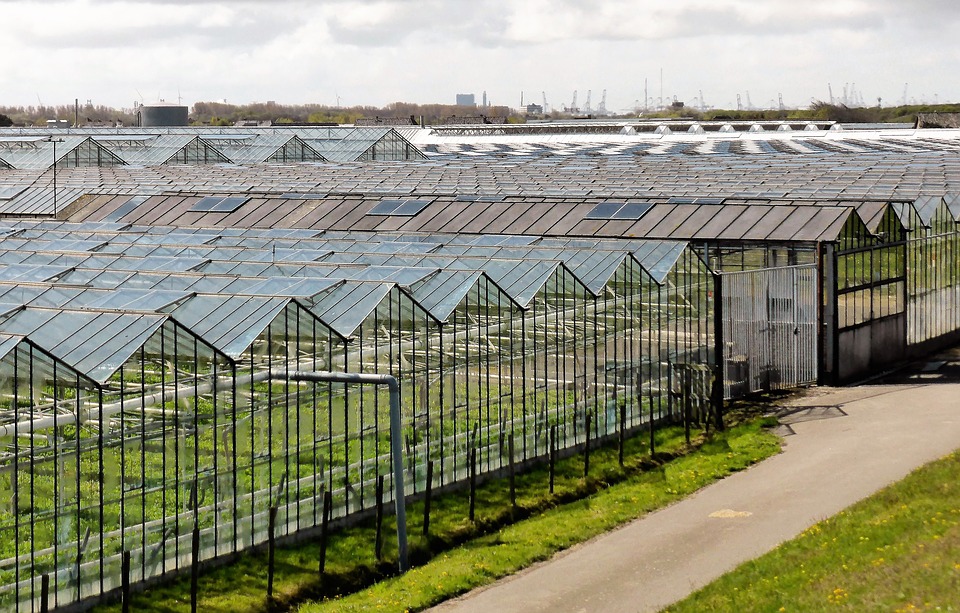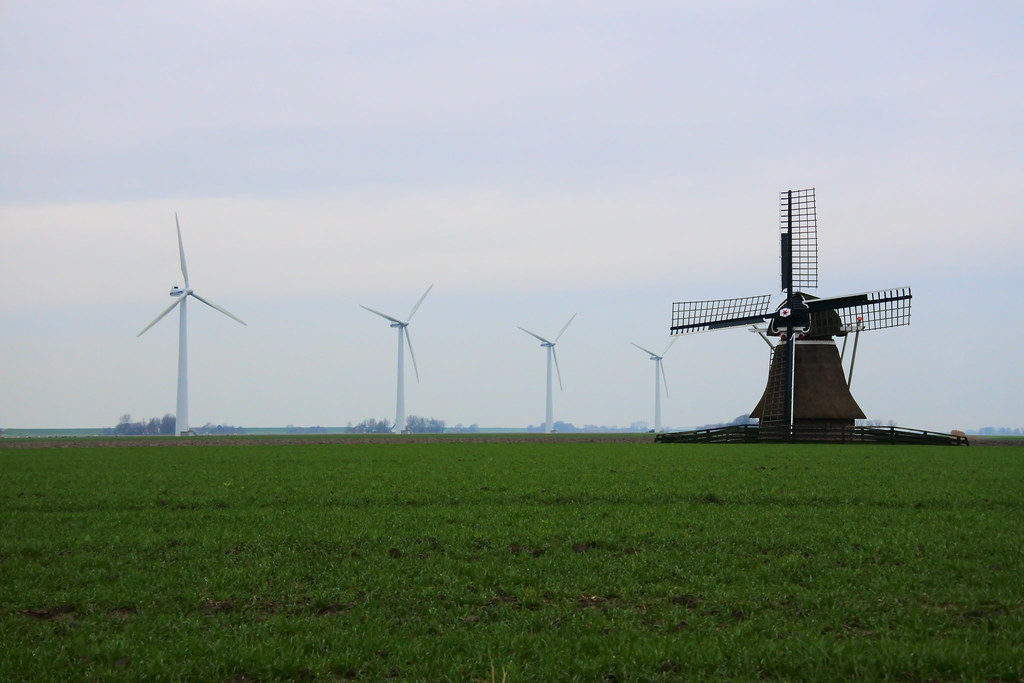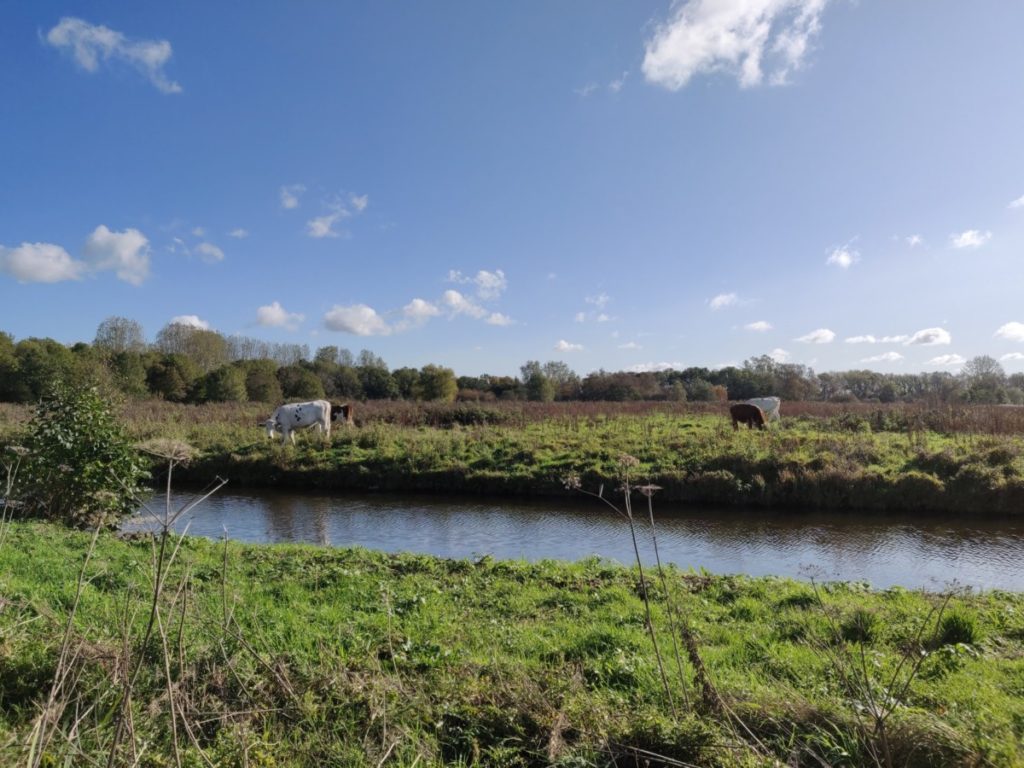The Netherlands Environmental Assessment Agency (PBL), in their latest Care for Landscape report, has asserted that the Dutch landscape needs better protection against fragmentation due to buildings and industrialisation caused by the agricultural industry.
The Netherlands feeds the world and it shows in the cultivated landscapes
Dutch agriculture is so advanced that it is now the world’s second biggest exporter of agricultural goods, pipped only by the United States.
Long gone are the days of endless grassy lands and wild plants. If you drive around the Netherlands today, you’ll witness row after row of wind turbines, glowing greenhouses stretching kilometres long and intensely cultivated fields. In fact, more than half of the Netherlands land mass is used for agriculture and horticulture.
This may be good for the economy, but what about nature?
The dramatic rise in solar parks, wind turbines, business parks and new residential areas, have a profound effect on the landscape, NOS reports. It is imperative that all aspects of the landscape are considered when planning agricultural development.
“the number of onshore wind turbines has increased from 300 in 1990 to more than 2000 in 2019”
“The Dutch landscape has changed considerably in the last thirty years,” PBL stresses, “the built-up area has increased from 12 to 16 percent and the number of onshore wind turbines has increased from 300 in 1990 to more than 2000 in 2019. Ditches and banks have disappeared as a result of the increase in agriculture. In 2017 there were 22 solar parks of more than 1 megawatt in the Netherlands, now there are now 80,” NOS reports.
The landscape needs to be a primary consideration, not merely an afterthought
PBL states that “in the current environmental policy, the landscape is often an afterthought. This results in a worrying fragmentation of the landscape”, NOS reports.
“Many people worry about the disappearance of openness, vistas, trees, birds and insects, and the increase in windmills, solar parks and distribution centres,” writes the PBL, RTL news reports.
There are been many protests in the Netherlands as of late, centred around the nitrogen crisis. The farmers have been up in arms about the measures the government is taking to combat the nitrogen crisis.
It is difficult for the people involved in the agricultural industry as their livelihoods are effected but as PBL states, action must be taken now ‘to prevent us from looking around in ten or twenty years and realising that we did not want this to happen’, RTL news reports.





